Motorway services and large petrol retailers will be forced to install charge points and hydrogen refuelling points for electric cars, under plans confirmed in the House of Commons by transport minister John Hayes.
The Automated and Electric Vehicles Bill will give the government powers to make it compulsory for “public charging points” (charging for battery driven electric cars or hydrogen refuelling points for fuel cell electric vehicles) to be installed at “large fuel retailers” and service stations.
However, the definition of large retailers is not given in the Bill. It states: “large fuel retailer” and “service area operator” have the meaning given by regulations.
Hayes said: “We want the UK to be the best place in the world to do business and a leading hub for modern transport technology, which is why we are introducing the Automated and Electric Vehicles Bill in Parliament and investing more than £1.2 billion in the industry.
“This bill will aid the construction of greater infrastructure to support the growing demand for automated and electric vehicles as we embrace this technology and move into the future.”
The Bill will also require that drivers of electric vehicles will be able to easily locate and charge at any chargepoint, using information from sat navs or mobile apps, regardless of the vehicle make or model. All chargepoints will have to be ‘smart’, meaning they can interact with the grid in order to manage demand for electricity across the country.
Roads minister Jesse Norman said: “Automated and electric vehicles will help improve air quality, cut congestion, boost safety and create thousands of skilled jobs in the UK. We have already supported the purchase of 115,000 ultra-low emission cars and there are already more than 11,500 publicly available chargepoints, but the demand continues to grow as more people purchase electric vehicles to cut fuel costs and boost the environment.”
Norman will announced further funding for local authorities at the Smarter Travel Conference in Milton Keynes to fund install chargepoints in residential areas where cars are parked on the street.
Steve Gooding, Director of the RAC Foundation said: “We are pleased to see the provisions of the Automated and Electric Vehicles Bill re-starting their passage through the Parliamentary process.
“It is clear that government needs to do more to accelerate the take-up of electric vehicles, tackling the issues that are currently persuading motorists to stick with conventional fuels, as well as paving the way for autonomy. The test, though, will be how effectively those powers are exercised.”
All drivers of automated vehicles will be required to be insured and victims of collisions involving an automated vehicle will have quick and easy access to compensation, in line with existing insurance practices.”
James Dalton, director of general insurance policy at the Association of British Insurers said: “Insurers wholeheartedly support the development of automated vehicles, as they have the potential to significantly reduce the large number of road accidents caused by driver error. We support the approach the government has taken in the bill, as this will give the industry time to prepare for the commercial rollout of fully automated driving technology.”
The bill received its first reading in the House of Commons on Wednesday October 18.
It is a near copy of a Bill in the previous Parliament, which was axed when prime minister Theresa May called an election in June.





















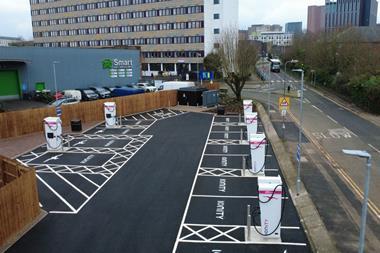





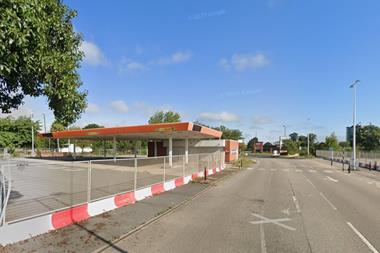

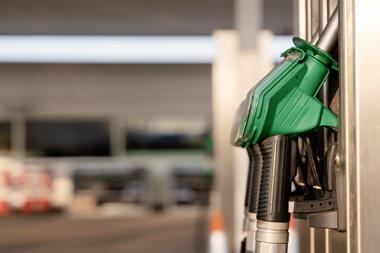
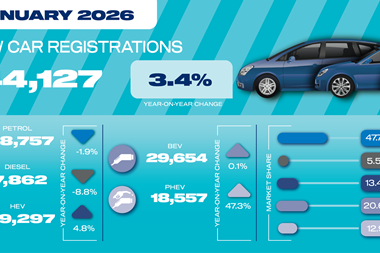
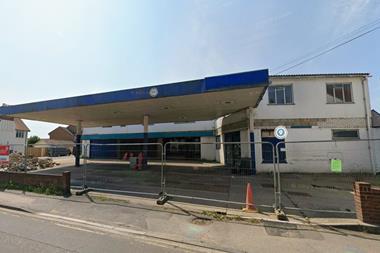
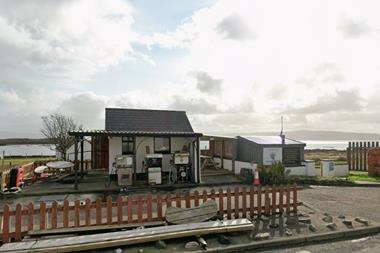
No comments yet